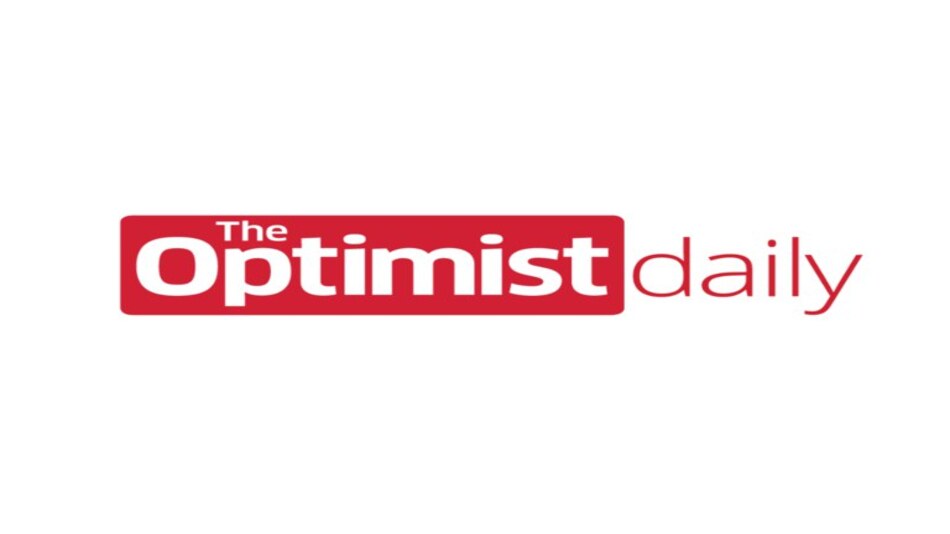State and local governments are coming to appreciate the internet for what it is: an essential utility. With much of the workforce working from home and children going to school online, reliable internet is vital for workers in all sectors of the economy.
In the wake of successful programs giving internet access to lower-income neighborhoods, like Chicago Connected, Baltimore aims to expand access by building its own network. This network, however, will be city-owned.
For the people, by the people
There’s an ongoing national debate on who should receive the $95 billion in federal funding to narrow the digital divide. While the focus is mainly on delivering broadband to rural areas, the US Census Bureau says that of 18.2 million Americans without affordable broadband, 13.6 million are in urban areas.
The need for broadband goes beyond work and school, as even some medical services require reliable internet. And this proposed public program has drawn the ire of internet giant Comcast Corp.
“Access is too important to leave to the market and private actors. These guys had decades to solve the problem and they haven’t,” said Jason Hardebeck, a former tech executive who is the city’s broadband chief. “We will never get ahead of the curve if we don’t treat it as public infrastructure.”
Baltimore’s own system would use fast fiber. Even though it is city-owned, it would not need to be run by the government and would even open up collaboration with the private sector. The ground is already being broken with Baltimore using funds allocated for Pandemic relief, during which time reliable broadband became an even bigger necessity.
Public or private?
While Comcast has said in a statement that it is “dedicated to closing the digital divide and Baltimore… invested hundreds of millions of dollars,” it has neglected to say how many people it serves in a city of 586,000.
An initial rollout of the plan has seen $6 million in federal funds expand an existing city-owned fiber network of 23 Baltimore recreation centers, creating 100 free Wi-Fi hotspots in the lower-income part of the city. “We’re starting in the most underserved neighborhoods and working our way out from there,” Hardebeck said.











